Artist: Bob Dylan Album: Bringing It All Back Home
Year: 1965Duration: 0:0-1
Unpacking Bob Dylan's Bringing It All Back Home
When Bob Dylan released Bringing It All Back Home in 1965, it drew mixed reactions from critics and fans alike. The album marked a significant departure from his previous folk-based work, with Dylan introducing elements of rock music into his sound. This was not just a musical shift, but also a cultural one, as Dylan was quickly becoming the voice of a generation that was seeking change and pushing against societal norms.
Today, Bringing It All Back Home remains a pivotal moment in Dylan's career and the history of modern music. It is an album that has stood the test of time, inspiring countless musicians and attracting new fans to Dylan's work. In this review, we will delve into the album's backstory, its musical style, and the standout tracks that make it a must-listen for any Dylan fan or lover of music as an art form.
Bob Dylan was born in 1941 and grew up in Minnesota. He began playing music in his teens, inspired by folk singers like Woody Guthrie. After moving to New York, he quickly became a fixture in the city's folk music scene, playing in clubs and cafes and gaining a loyal following. With his distinctive voice and lyrics that tackled political and social issues, Dylan quickly became known as a musical revolutionary, and Bringing It All Back Home marked a new chapter in his artistic evolution.
The album is divided into two distinct sides. The first is acoustic, featuring Dylan and his guitar. The second is electric, with a full band backing him up. This was a bold move for Dylan, a folk artist who was now embracing rock and roll. No longer just a troubadour, but an artist who was experimenting and pushing boundaries. The track Subterranean Homesick Blues perfectly encapsulates this shift, with its frenetic lyrics and driving guitar riffs.
Bringing It All Back Home is also notable for its lyrical content. Dylan was known for his poetic and politically charged lyrics, and this album is no exception. Tracks like Mr. Tambourine Man and It's Alright Ma(I'm Only Bleeding) showcase Dylan's penchant for vivid imagery and cutting social commentary. These are songs that are as relevant today as they were in 1965, speaking to the universality of the human experience.
One of the standout tracks on the album is She Belongs to Me, a beautiful ode to love that showcases Dylan's softer side. The song is one of the few on the album that features only Dylan's voice and guitar, highlighting the intimacy and vulnerability of his songwriting.
At the same time, Bringing It All Back Home also has its critics. Some saw the album as a betrayal of folk music and Dylan's earlier work. Others criticized the shift to electric and accused Dylan of selling out. However, looking back at the album today, it is clear that Dylan was simply pushing boundaries and exploring new sounds and ideas. Bringing It All Back Home remains a groundbreaking moment in music history, a testament to the power of artistic evolution and the importance of pushing oneself creatively.
In conclusion, Bringing It All Back Home is an essential album for any Bob Dylan fan or lover of music that transcends time and genre. It marked a significant shift in Dylan's career and sparked a cultural revolution that still resonates today. The album is a testament to Dylan's artistry and his unwavering commitment to his vision, even in the face of opposition. While it may have been controversial at the time, Bringing It All Back Home has undoubtedly earned its place as a masterpiece in the canon of American music.
Other #Classic pop albums:
SIMILAR BANDS
balls, from 1 to 5, describe similarity between the two bands
SOMETHING NEW? LISTEN TO RADIOGENRE
 Jump up
Jump up MTS Management Group
MTS Management Group Hardcore punk
Hardcore punk Berlin Music Video Awards
Berlin Music Video Awards Rumba
Rumba Indie rock
Indie rock Arabic metal
Arabic metal Industrial metal
Industrial metal Hipster
Hipster Rocksteady
Rocksteady
SUGGESTED PLAYLISTS
 Classic art music
Classic art music The very best of dark wave
The very best of dark wave Grunge bands, the dirty streets of Seattle
Grunge bands, the dirty streets of Seattle Struck by a panic attack
Struck by a panic attack Enticing your sexual energy through tantric music
Enticing your sexual energy through tantric music The avant-garde music of advertisements
The avant-garde music of advertisements When the Metal is female
When the Metal is female The very best of pizzica
The very best of pizzica The very best of sperimental music
The very best of sperimental music Singing in the shower
Singing in the shower


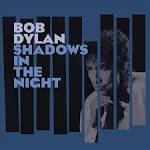






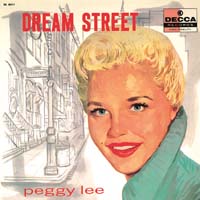

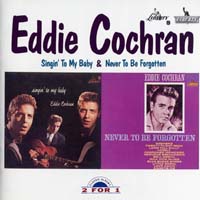


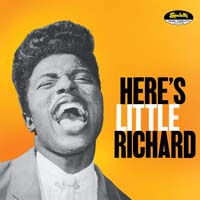






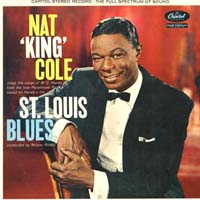
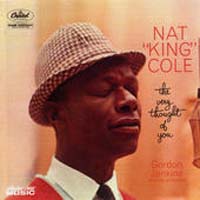

.jpg)




